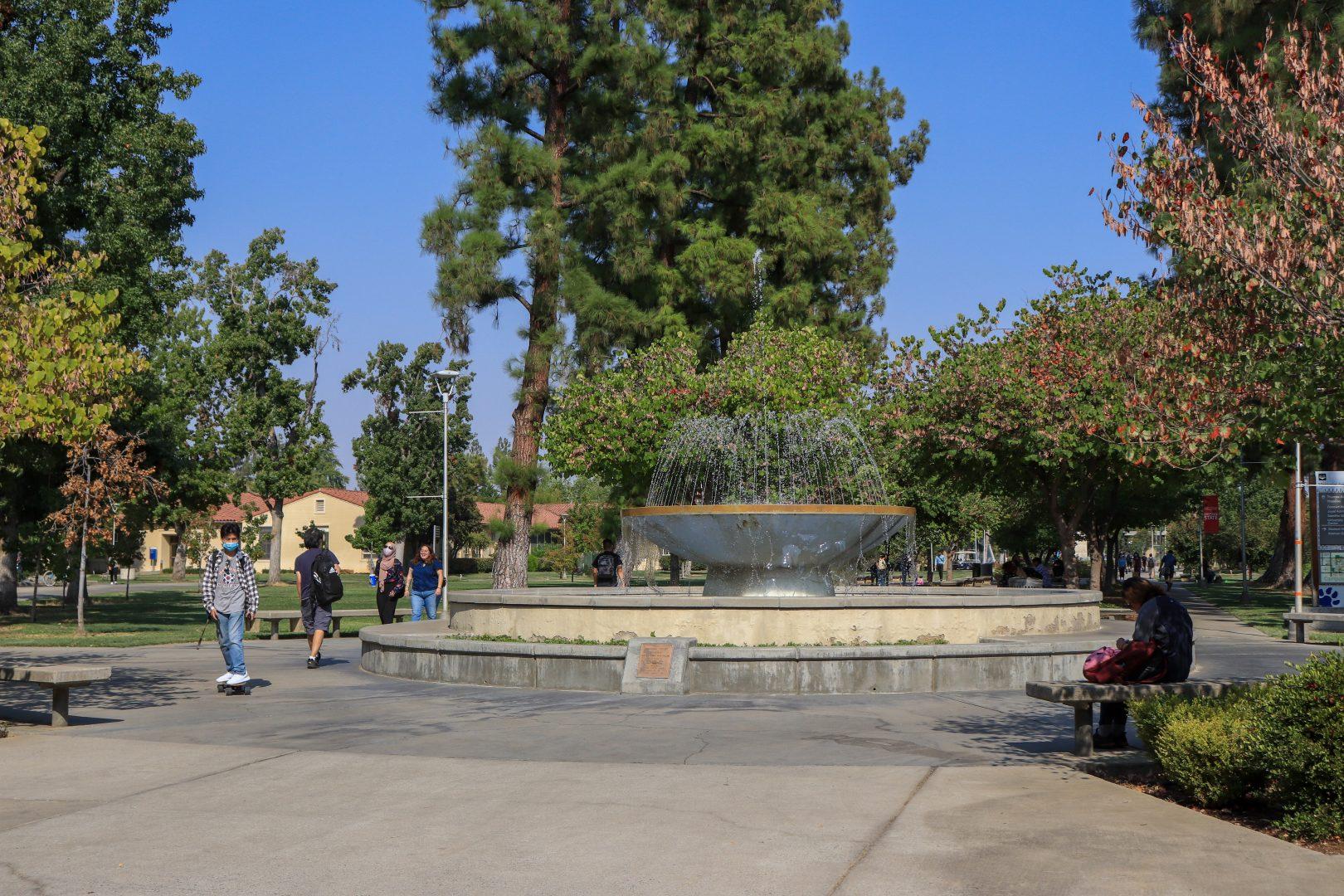The Academic Senate approved the relaxation of policies involving virtual courses, documented absences and an incomplete grade criteria during its Sept. 13 meeting.
“The pandemic presents unique challenges in understanding academic impacts in that the changes have been abrupt and unprecedented since spring of 2020,” Academic Senate Chair Raymond Hall said.
Composed of faculty from various departments and programs at Fresno State, the Academic Senate works to “formulate, review, revise and adopt all policies regarding the university’s educational mission,” the senate website outlines.
In March 2020, university officials first signed off on a more flexible interpretation of some Academic Policy Manuals (APM) due to closure of campus during the onset of COVID-19.
The senate authorized the flexible interpretation of APM 206 through spring 2022, a policy describing the requirements for teaching synchronously and asynchronously online.
“Given the uncertainty that we cannot yet know when this pandemic crisis will be over, the senate extended the ability to offer courses the way we have for this fall, allowing the possibility of courses being offered in the so-called “virtual mode” we are all now familiar with,” Hall said.
Additionally, the senate relaxed APM 232, allowing accommodations for students who experience unforeseen circumstances from a one-week period to a three-week period with documented, compelling reasons. This period takes into consideration the extent of time a student may quarantine in the case of testing positive to COVID-19.
“If a student must quarantine once during the semester, the faculty wanted to ensure that such students would have the opportunity to make up work for that period of time,” Hall said.
Amber Crowell, senate member and sociology professor, expressed her support for the relaxation of the policy during the meeting, noting that accommodations are also made for student parents who are unable to attend class.
“It’s because I have heard of at least two cases of students with children who have had to quarantine their kids at home after getting exposed at school or having symptoms. And for me, what I think of is how we accommodate pregnant students with Title IX, we have to accommodate them when they give birth,” Crowell said.
“[I] think it’s a good idea to allow that extended time and also accommodate them as much as we can… So I support it and think we can work around it, we can work through it.”
The criteria for an incomplete grade was also adjusted with the relaxation of APM 246.
Typically, professors can only assign an incomplete grade if a student completes two-thirds of a course with a grade of C or better. The relaxation changes this requirement to a completion of one half of the course with a grade of C or better.
Hall said this change recognizes that recovery from COVID-19 may take longer than a few weeks.
“Ideally, if a student completes the work for the course in the designated time period on the incomplete form contract, the incomplete grade is replaced with the grade earned, and this is true even if there is no pandemic,” Hall said.
He said the Academic Senate will make note of any changes as time progresses.
“Our ability to continue to teach in classrooms ultimately depends on all of us strictly adhering to vaccination, masking and testing requirements, to ensure we all remain safe, healthy and academically prosperous,” Hall said.




